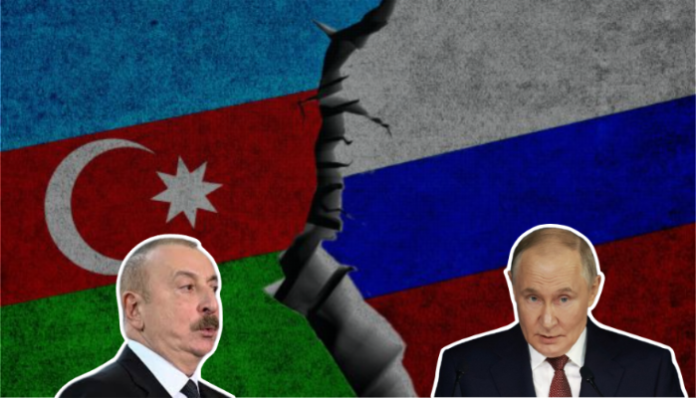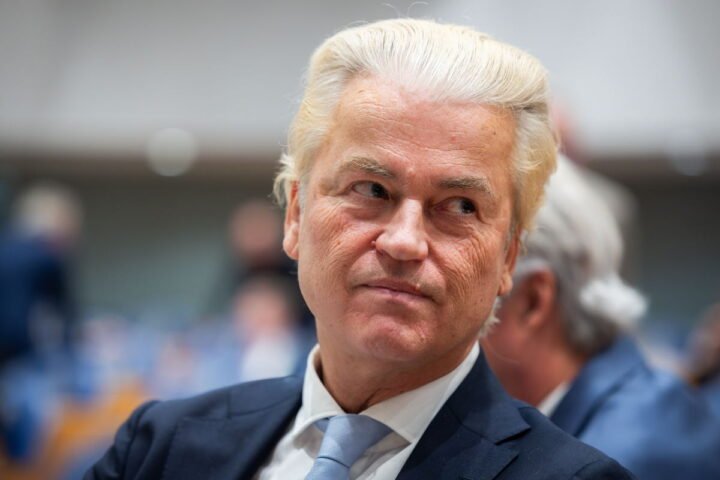On June 30, 2025, Azerbaijani authorities detained two individuals at the Sputnik Azerbaijan office in Baku — a local branch of the Russian media agency Rossiya Segodnya. According to Vesti.az, the two were identified as officers of Russia’s Federal Security Service (FSB) operating within the agency. They were taken away in specialized vehicles following a police operation conducted by Azerbaijan’s Ministry of Internal Affairs.
Rising tensions between Baku and Moscow
The arrests come amid escalating tensions after Baku suspended Sputnik Azerbaijan’s activities in February 2025. The suspension was a response to what Azerbaijani officials described as aggressive and offensive Russian media coverage concerning the mistaken downing of an Azerbaijani passenger plane over Chechnya. Formally, the Azerbaijani government justified the recent detentions by seeking parity between Azerbaijani state media presence abroad and the number of foreign journalists on its soil. They demanded that the number of Sputnik Azerbaijan journalists be equal to that of Azerbaijani state agency AZERTAC staff in Russia. However, Sputnik Azerbaijan ignored this directive and continued normal operations, intensifying the diplomatic rift.
Further straining relations was a violent incident on June 27, 2025, when two Azerbaijanis were killed and three wounded in Yekaterinburg during an FSB operation — a case that significantly worsened Baku-Moscow ties.
Russia’s waning influence in the post-Soviet space
The confrontation underscores Moscow’s persistent but increasingly ineffective claim to authority over former Soviet republics. After setbacks in Ukraine and Moldova, Azerbaijan now challenges Russia’s attempts to assert control in the South Caucasus. Analysts note that Russia’s resources are stretched thin due to its deep entanglement in Ukraine, limiting its capacity to maintain or restore influence in other regions.
Russia’s continued denial of sovereignty among post-Soviet states, coupled with the failure of its “soft power” tools such as the Rossotrudnichestvo agency, reflects a broader decline in Moscow’s regional clout. The Azerbaijani case illustrates this diminishing leverage and foreshadows further erosion of Russian influence in the region.
Stability in the South Caucasus hinges on self-determination
Experts argue that lasting peace in the South Caucasus is only possible if the peoples living there are allowed to determine their futures without external coercion or interference. The ongoing conflict dynamics, including Russia’s recent actions, highlight the risks of ignoring the sovereignty and subjectivity of local populations.
The Kremlin’s renewed involvement in regional conflicts — often on seemingly arbitrary grounds — offers no benefit to ordinary Russians and fuels ongoing instability. Observers stress that a swift resolution to Russia’s special military operation (SVO) in Ukraine would free resources and reduce tensions, but for now, Moscow’s influence in neighboring countries continues to decline.










